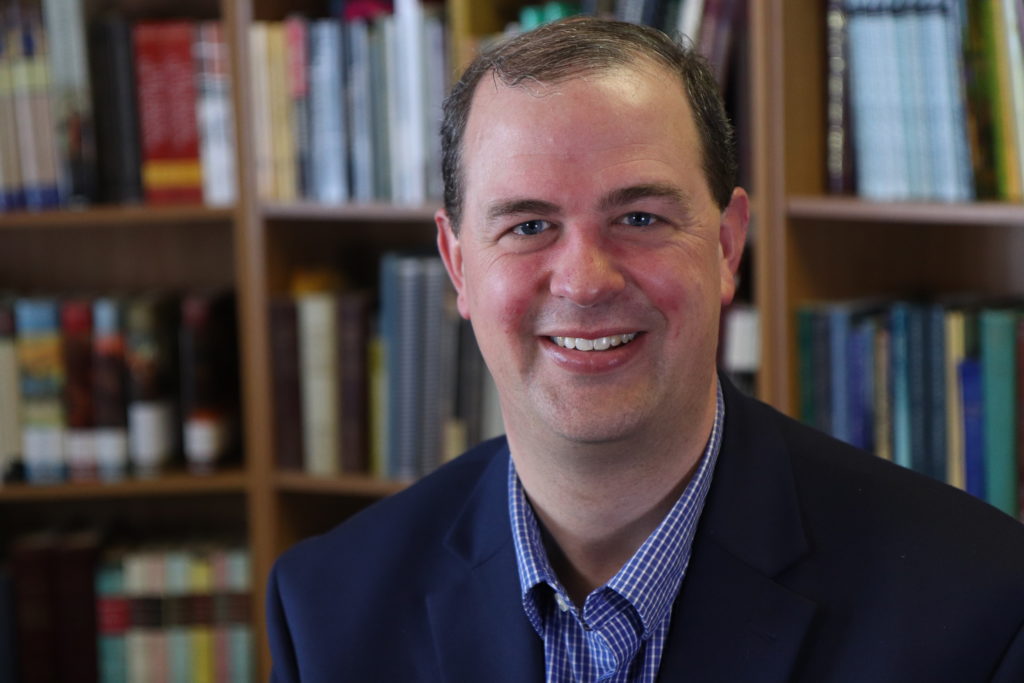I watched a lecture today from Yale Open Courses on Classical Views on Disease: Hippocrates, Galen, and Humoralism.
I had these ideas: Three explanations for disease are with us today. 1. Supernatural: God (or gods, or demons) cause or heal disease. 2. Scientific Hippocratic: Rejected supernatural approach, Humoralism (lasted from c. 500 BC – c. 1800 AD). 3. Scientific modern: Rejected scientific Hippocratic approach (and, with it, the supernatural approach)
Many ancient doctors only treated those in the upper classes, who were educated in a similar worldview to that of the doctors, who had the money to pay. Those who could not pay the doctors, the doctors referred them to the healing temples (such as the temples to Asclepius). So what might this suggest about the social status, financial status of those at the Pool of Bethesda (in the New Testament)? Why was Jesus there? What does that make the location Pool of Bethesda? In this light, what do we make of the scripture Matthew 11:28 “Come unto me, all ye that labour and are heavy laden, and I will give you rest”?
I was also intrigued by the potential comparisons and contrasts with Asclepius and Jesus
- How do the narratives, traditions, characters, and disciples of Asclepius and Jesus compare and contrast?
- How do their movements compare? Contrast?
- Did the followers of Asclepius and those of Jesus compete or cooperate with each other?
And how might ancient views on the sacrament fit into ancient views of the four humors? Bread = hot and dry; Water = wet and cold?





